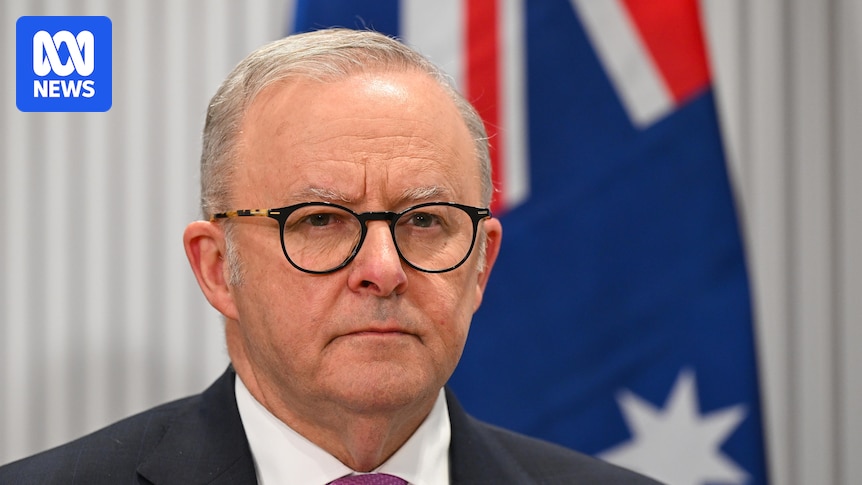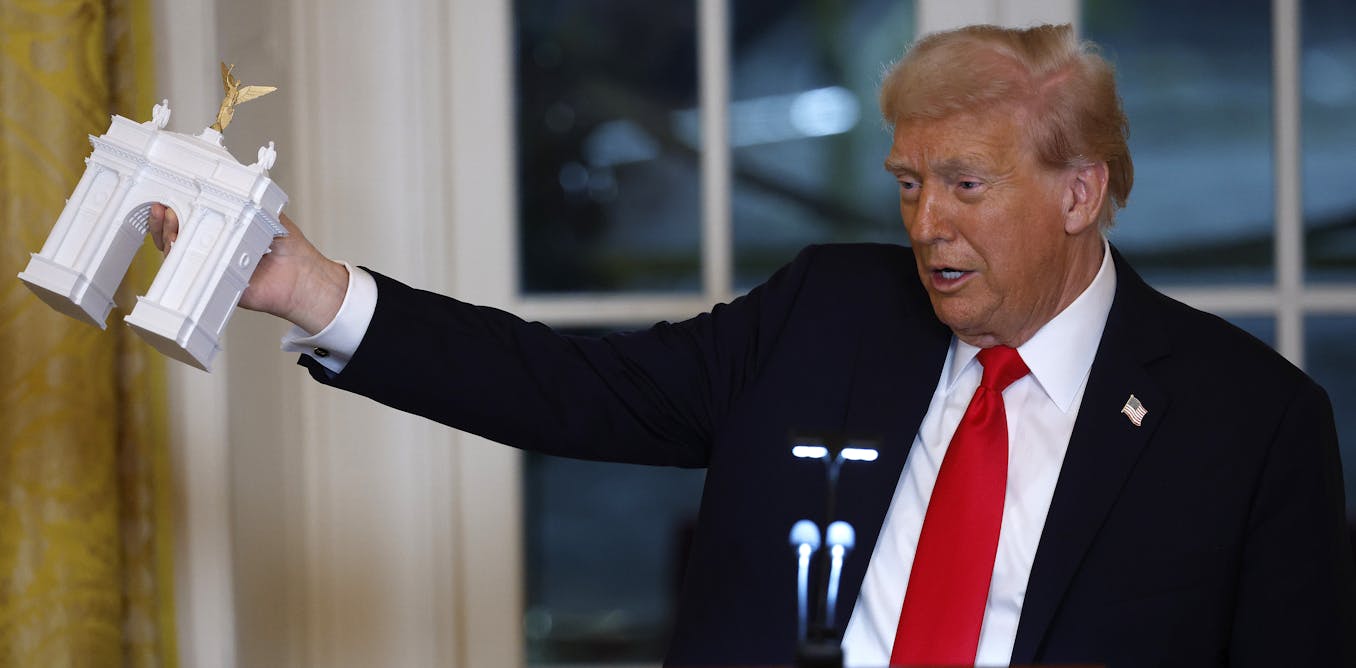
Anthony Albanese is set to deliver a pivotal speech emphasizing Australian independence within the US alliance, drawing inspiration from the legendary wartime Prime Minister John Curtin. Albanese’s address will highlight Curtin’s legacy, noting that he is remembered “not just because he looked to America” but because he “spoke for Australia.”
This speech comes at a critical juncture in Australia’s strategic relationship with the United States, as the federal government navigates the unpredictability of the current US administration. Concerns include the impact of tariffs, the AUKUS security pact, and the broader implications of America’s policies under Donald Trump.
Historical Context and Curtin’s Legacy
On Saturday night, the Prime Minister will speak at the John Curtin Research Centre, marking the 80th anniversary of Curtin’s leadership, often hailed as the “father” of the Australia-US alliance. Curtin’s decision to turn to America following Britain’s defeat in Singapore in 1942 is a cornerstone of Labor’s foreign policy achievements.
Albanese is expected to praise the Alliance as a “pillar” of Australian foreign policy and the nation’s “most important defence and security partnership.” However, he will emphasize that it was a “product” of Curtin’s leadership, not its entirety. He will highlight Curtin’s recognition that Australia’s fate would be determined in its own region, not by distant powers.
“Curtin’s famous statement that Australia ‘looked to America’ was much more than the idea of trading one strategic guarantor for another, or swapping an alliance with the old world for one with the new,” Albanese is expected to say.
Strategic Independence and Sovereignty
The Prime Minister will underscore Curtin’s understanding that Australia’s security “could not be outsourced to London, or trusted to vague assurances from Britain.” Albanese will assert the need for an “Australian foreign policy anchored in strategic reality, not bound by tradition.”
Albanese will also commend Curtin for resisting pressure from both Roosevelt and Churchill to deploy Australian troops to Burma instead of returning them home to defend Australia. This decision, he will argue, prevented a potential disaster akin to the fall of Singapore.
“If the US and UK had got their way, hundreds if not thousands of Australians would have been killed, or taken prisoner,” Albanese will state, highlighting Curtin’s assertion of sovereignty.
Modern Parallels and Economic Policies
Albanese seeks to position his government as the successor to Curtin’s economic vision, drawing parallels between current efforts to bolster manufacturing and Curtin’s wartime industrial initiatives. While the Albanese government supports the AUKUS pact and its nuclear submarine ambitions, it has expressed frustration over the Trump Administration’s tariffs and Washington’s demands for increased Australian defence spending.
Despite three phone calls with Donald Trump, Albanese has yet to meet the US President face-to-face, following Trump’s early departure from the G7 summit in Canada. This diplomatic gap underscores the challenges in maintaining a balanced alliance.
Expert Analysis and Future Implications
Professor James Curran from the University of Sydney describes the speech as “easily the most significant” Albanese has delivered in office. Curran notes its importance not only for invoking the Curtin legend but also for its timing, as Australia faces pressure from global powers to adopt policies not necessarily in its national interest.
“Curtin’s wartime leadership was fundamentally about the defence of Australian sovereignty, safeguarding Australia’s security in the Pacific,” Curran explains, emphasizing the need for Australian self-respect within alliances.
The speech sends a clear message to both Washington and Australians that a close alliance does not preclude standing up for national interests. Curran highlights that leadership involves both safeguarding the continent’s security and nurturing domestic achievements.
As Albanese champions Australian independence within the US alliance, the speech is likely to resonate with those advocating for a more autonomous foreign policy. The implications of his address will be closely watched by both domestic and international audiences, as Australia navigates its strategic future.






